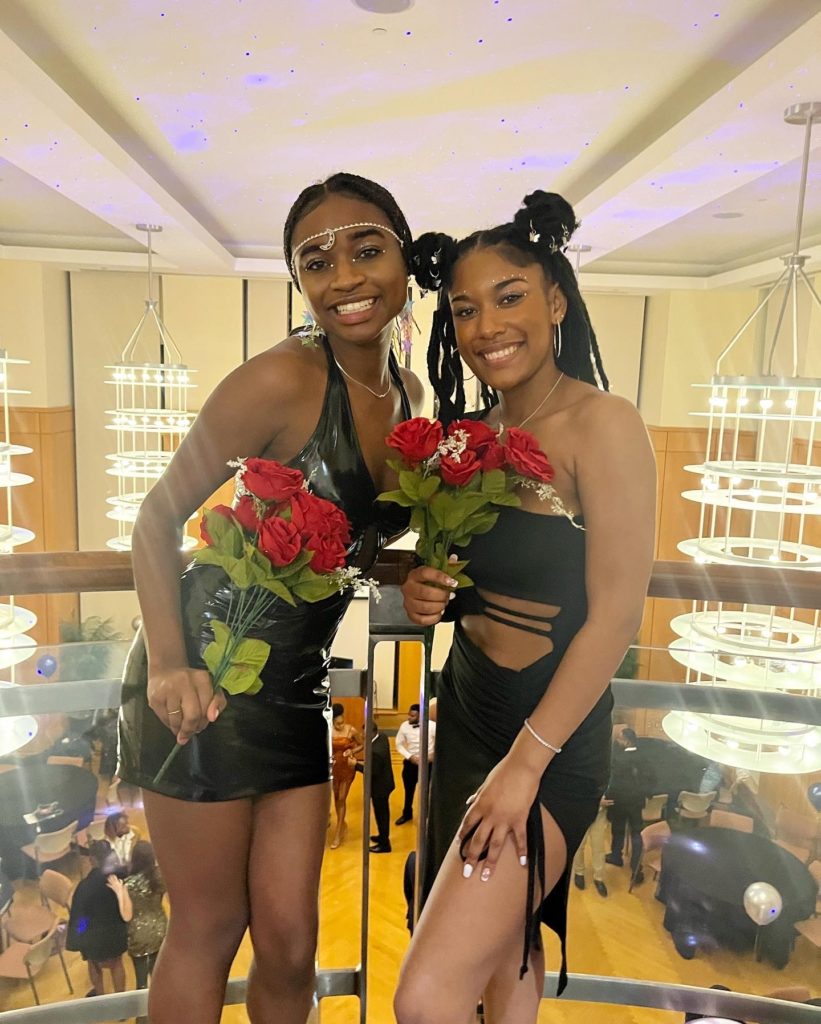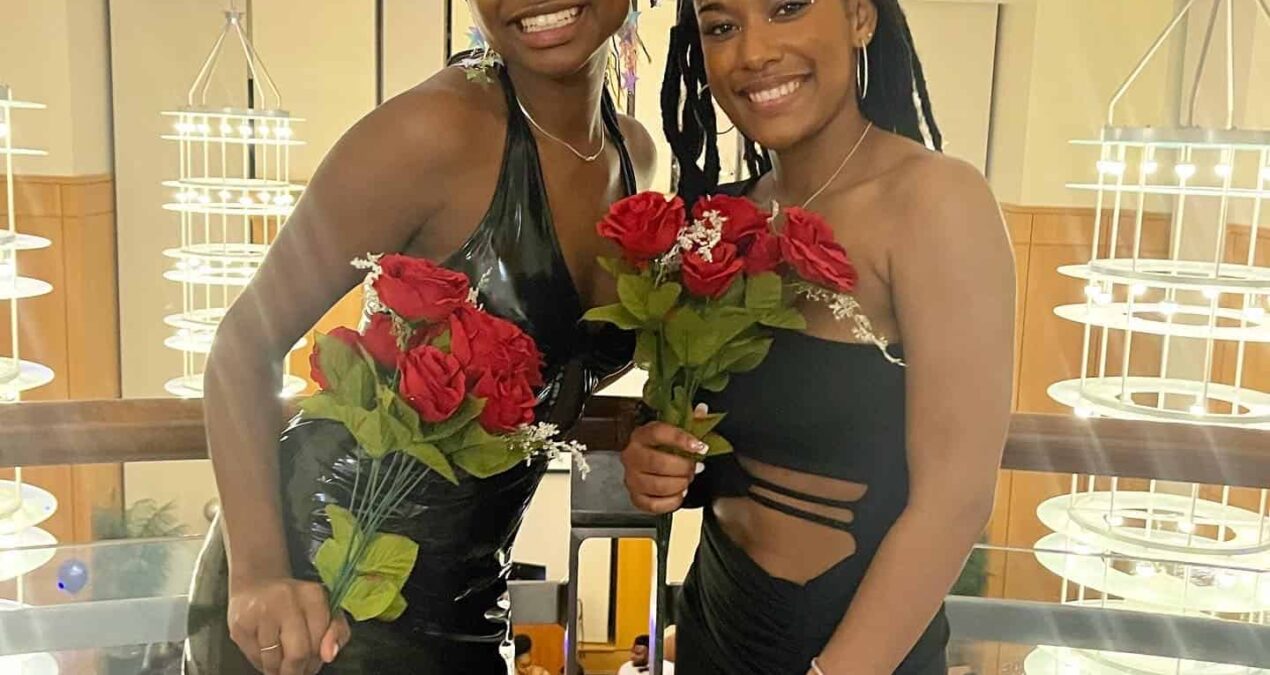
According to the Annual Security and Fire Safety Report of 2021, Denison has had 4 cases of stalking, 3 cases of dating violence, 2 instances of fondling, and 4 instances of rape in 2020.
Of course, these violations are not categorized by the race and/or ethnicity of the survivor. Racial and ethnic identity should not validate one survivor’s trauma over another, but it does, all the time.
Black women and other women of color are often forgotten in sexual respect conversations or movements against sexual assault. Despite the #MeToo movement being started by Tarana Burke, a Black woman, the movement has solely focused on white women.
To disregard another person’s trauma because of their race is a human rights violation and should be treated as such. Yet it is not. Such disregard for the well-being of Black women is ingrained in American culture, whether it be perpetrated by an institution or an individual; and this includes both Black and white individuals.
We believe that the dismissal of our traumas is a result of cultural and familial upbring fueled by the effects of systemic oppression. It’s worsened by the validation of white trauma over Black trauma and normalized with the use of sexually aggressive and degrading language on both college campuses and beyond.
Resilience is a staple in the Black community, for all gender identities. For us, it was a core value growing up. We had to be strong. If we weren’t, we could not survive in the real world. The reality is racism exists in every facet of life, and the addition of sexism only made that worse. We had to be strong because at any turn, life would try to strip us of our dignity. Our parents didn’t want that to happen, and we don’t blame them.
Resilience is good, but it is not everything. It helps you navigate microaggressions and blatant acts of oppression, but it doesn’t heal trauma. Vulnerability does.
In the Black community, vulnerability is a privilege, a privilege we were not afforded as Black youth. To be vulnerable is a luxury for Black people.
Resilience is not an inherently good quality; it has its shortcomings. Our culture and families had our best interests at heart when instilling resilience in us, but it came with its disadvantages: when we were sexually assaulted, we didn’t even know it.
We had both been sexually assaulted in relationships, but we simply brushed it off. We had to get over it. We had to be okay with it. We normalized it because everyone else already had.
Culturally, the Black community doesn’t talk about sexual assault; it’s a hidden secret in the family. It’s taboo. Socially, we had both seen the consideration and care given to white survivors. Our trauma wasn’t valid, but theirs was. Within the college community, Black women weren’t even people. We had both heard sexually aggressive, racially charged comments that only further contributed to our dehumanization as Black women.
How could we possibly come forward about our assaults if both individuals and society already made up their minds about our place in society? It was clear: our trauma is not valid.
But what’s also clear is our feelings on the matter: we’re angry and deservedly so. No matter how much progress America likes to claim they’ve made or how many Black women make it to the cover of Denison’s brochure magazine, nothing’s changed. The individuals within this country and our campus prove that every day. If they’re not going to fight against the status quo, we will.
Black women are human. We have a range of feelings and experiences, and unfortunately, one of them can be trauma. Our identities should not play a role in whether we are seen as human or whether our trauma is validated or deemed genuine. Like other identities, we matter despite society and this campus trying so hard to say otherwise.
Our trauma matters.

